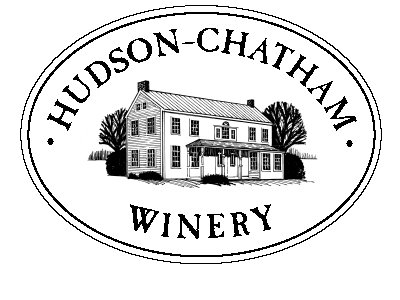Article Launched: 03/09/2007 01:55:23 PM EST

(Robert Leab of Ioka Valley Farm sets up maple syrup taps on Wednesday. Photo: Gillian Jones/North Adams Transcript)
Friday, March 9WILLIAMSTOWN — While sugar shacks, both high-tech and ramshackle, should be steaming across New England during Saturday's predicted warm spell at least three local sap harvesters said this week that American tastes favor the fake stuff.
"They don't even have any real maple syrup in them," Norman Burdick of Steepmeadow Farm on Route 43 said Wednesday about brands such as Aunt Jemima or Mrs. Butterworth's, which are primarily corn syrup.
No scientific polls have yet revealed America's syrup preference but that of the Burdick family is plain — they've been in the sugaring business for at least four generations.
The community will have an opportunity to taste test real local syrups, among other activities, at "Maplefest" on Saturday from 11 to 2 p.m. at Hopkins Memorial Forest's Rosenburg Center on Northwest Hill Road and from 3 to 7 p.m. at the Williamstown Rural Lands Foundation at Sheep Hill off Route 7.
Robert Leab of Ioka Valley Farms on Route 43 in Hancock has installed a display in his sugar shack, which is open to the public, to show visitors "real maple flavor" does not grow on trees.
"Most people just don't know," he said.
Jones, manager of the Hopkins Memorial Forest sugar bush, said children grow up without knowing the difference between imitation and genuine maple syrup.
"And when they do try real maple syrup they say, 'Hmm, this tastes kind of funny," he said.
Price, he said, is also a deterrent in buying a true syrup. A 16.9-ounce of Grade "A" medium amber syrup can cost $12 while a similar amount of imitation costs $4.
Burdick said one reason more Americans may be resorting to the artificially flavored syrups is because most only use the maple-flavored products on top of pancakes. He said his wife replaces refined sugar with maple syrup when baking and cooking.
Jones said that during Colonial times, settlers learned to distill sap from sugar maple trees into syrup from American Indians because cane-derived sugar that came from warmer climates was nearly impossible to obtain.
To read the rest go to: http://www.thetranscript.com/headlines/ci_5399167

No comments:
Post a Comment